Faculty of:
Head of Faculty:
Mr D. Bahier
Deputy Head of Faculty:
Ms N. Robinson
Mr D. Bahier
Ms N. Robinson
The MFL faculty is committed to teach languages in an engaging way, allowing our pupils to enjoy their learning while developing an interest in different languages and cultures. We believe that by teaching the cultural differences we all share, the world will become a better place hence language learning is essential to society’s growth.
The aim of our broad and ambitious MFL curriculum and of our pedagogy is for all our learners to become independent, confident and successful linguists in examinations, in further studies and in life more generally.
As a faculty, we also wish to create curious and resilient learners who relish the opportunity to wrestle with the intellectual demands of learning a language and recognise that it’s only within challenge and having to think hard that real learning is achieved.
To ensure our aim is reached, our schemes of learning are challenging and cumulative and clearly sequenced. MFL lessons are carefully planned and presented so that the new knowledge and skills build on what has been learnt previously (prior knowledge) and towards clear defined end points.
Our MFL faculty uses a communicative approach and our pedagogy is based on the Presentation Practice Produce lesson structure with an inductive approach so learners are encouraged to figure out linguistic patterns themselves.
We view the 5 years from year 7 to year 11 as a five-year course. Our lessons help learners to establish good pronunciation and spelling and to become increasingly confident at using a range of vocabulary, grammar points and structures. Pupils are also taught key language skills at Key Stage 3 using a range of resources and teaching strategies (e.g. pair work, language games, independent learning tasks, whole class practice activities, regular homework tasks). They then reinforce and further develop them at Key Stage 4 to allow progression and GCSE success.
From year 7, our ambitious curriculum, a systematic, strong and logical progression and focus on key language skills ensure that all pupils know more language and gain the confidence to use it independently. We also prepare our pupils from as soon as year 7 for the sort of tasks which they will face at GCSE; this helps pupils to become familiar and more confident with the tasks they will need to deal with independently as they reach Key Stage 4.
We make sure that the different required components (grammar, vocabulary, core structures, linguistic and exam skills) are thoroughly delivered and differentiated to allow pupils to meet the end points.
At the same time, we ensure that our lessons provide rich cultural content (inclusion of authentic materials such as poems and songs, cultural quizzes, videos); this strong cultural focus helps pupils to build knowledge of the countries where the language they study is spoken.
Individual lessons start with a simple retrieval starter followed by a review of prior knowledge needed for the lesson. This is followed by the introduction of new language, supported practice and then to more open-ended tasks.
Core language and transferable skills are then revised and extended in the same module, from one module to the next and over the 5 years.
This ‘recycling’ and the systematic progression in our Schemes of Works underpinning our lessons at Key Stage 3 and Key Stage 4 ensure that our pupils are always building on knowledge and skills they have been taught while being given the opportunities to apply their existing core knowledge and skills to new contexts. It also helps them to develop confidence and independence and embed knowledge and skills into long-term memory so that they know more, can do more and can use the language more fluently.
The following lesson features further support transfer of knowledge to long-term memory:
* Focus on core transferable skills (listening, reading, speaking, writing) and language (e.g. opinions, intensifiers, structures, connectives)
* Use of “desirable difficulties” in our lessons
* Implicit studying of grammar (including seed-planting, e.g. teaching “je suis absent, il est absent” before teaching etre) before more explicit explanations
* Spacing and retrieval practice repeatedly recycling of prior knowledge knowledge (vocabulary, grammar and key structures) and revisiting topics over several lessons and over a longer period of time, little and often (e.g. flip learning HW then revisiting the vocab in lessons, practising topics during the module and again at the end of the module, vocabulary and grammar revisited in texts/recordings/tasks from one module to the next, spaced revision in Yr11)
* Speaking routines especially at KS3 (e.g. speaking routine about tenses in yr8+9, cumulative speaking routines in yr7)
* Retrieval starters (e.g. starters to revise last lesson but also last week/month/module – retrieval grids)
* Drilling games
* Low stakes quizzes (e.g. parallel translation to test vocab learning in context, retrieval quizzes based on different topics not just the recent one, vocab challenge and tense torture in yr10+11)
* Revision and practice homework tasks
* Use of stage grids to revise for speaking and writing prior to summative assessments
* Regular practice of key skills and strategies (e.g. listening, reading, translation, photo description)
* Cumulative summative assessments.

Ben Jonson Road,
Stepney, London
E1 4SD

Mulberry Stepney Green Maths, Computing and Science College is part of the Mulberry Schools Trust which is a charitable company limited by guarantee registered in England and Wales (Company No. 10035860).
Company’s registered office: Mulberry Schools Trust, Richard Street, Commercial Road, London E1 2JP
This site uses cookies. By continuing to browse the site, you are agreeing to our use of cookies.
Accept settingsHide notification onlySettingsWe may request cookies to be set on your device. We use cookies to let us know when you visit our websites, how you interact with us, to enrich your user experience, and to customize your relationship with our website.
Click on the different category headings to find out more. You can also change some of your preferences. Note that blocking some types of cookies may impact your experience on our websites and the services we are able to offer.
These cookies are strictly necessary to provide you with services available through our website and to use some of its features.
Because these cookies are strictly necessary to deliver the website, refuseing them will have impact how our site functions. You always can block or delete cookies by changing your browser settings and force blocking all cookies on this website. But this will always prompt you to accept/refuse cookies when revisiting our site.
We fully respect if you want to refuse cookies but to avoid asking you again and again kindly allow us to store a cookie for that. You are free to opt out any time or opt in for other cookies to get a better experience. If you refuse cookies we will remove all set cookies in our domain.
We provide you with a list of stored cookies on your computer in our domain so you can check what we stored. Due to security reasons we are not able to show or modify cookies from other domains. You can check these in your browser security settings.
We also use different external services like Google Webfonts, Google Maps, and external Video providers. Since these providers may collect personal data like your IP address we allow you to block them here. Please be aware that this might heavily reduce the functionality and appearance of our site. Changes will take effect once you reload the page.
Google Webfont Settings:
Google Map Settings:
Google reCaptcha Settings:
Vimeo and Youtube video embeds:
You can read about our cookies and privacy settings in detail on our Privacy Policy Page.
Privacy Policy